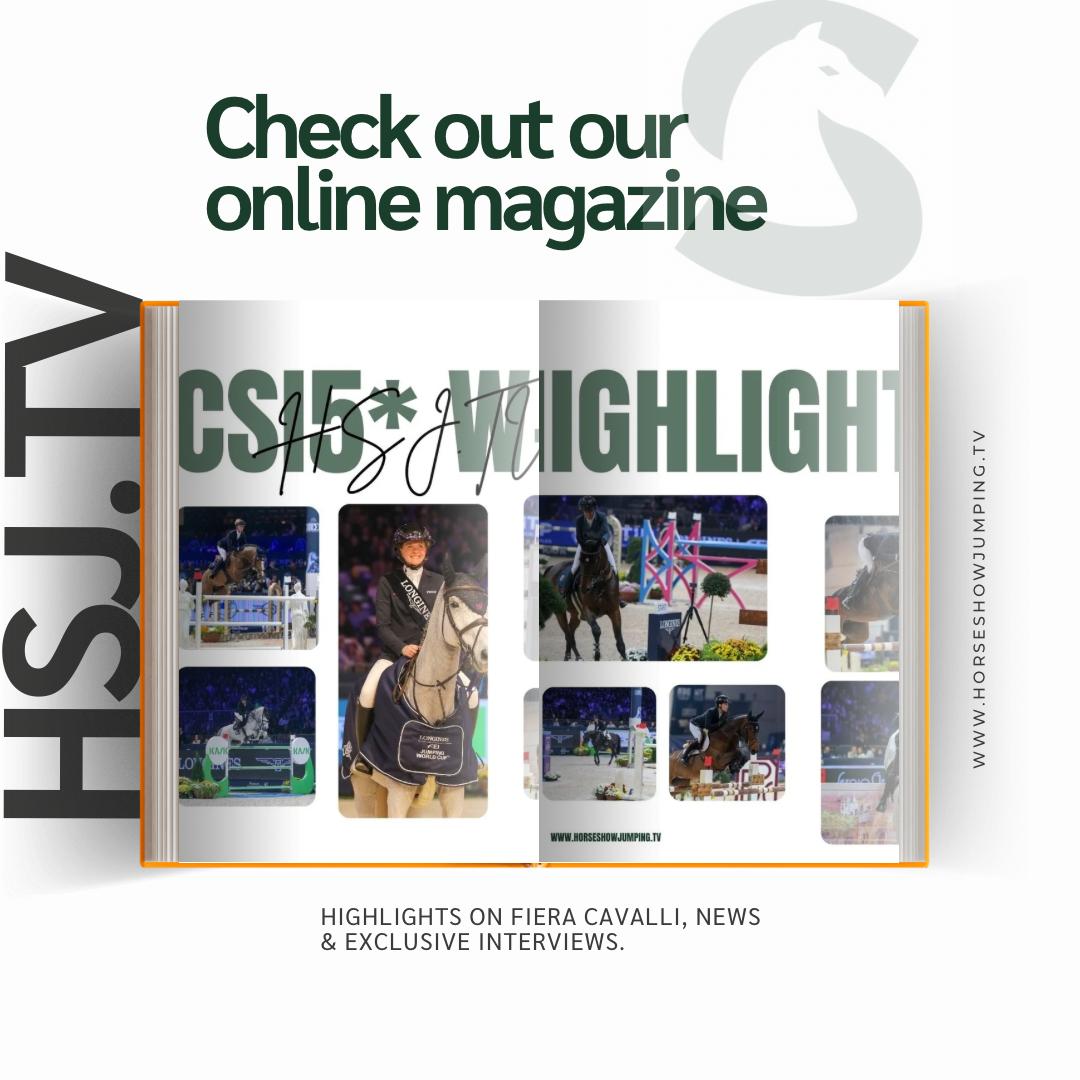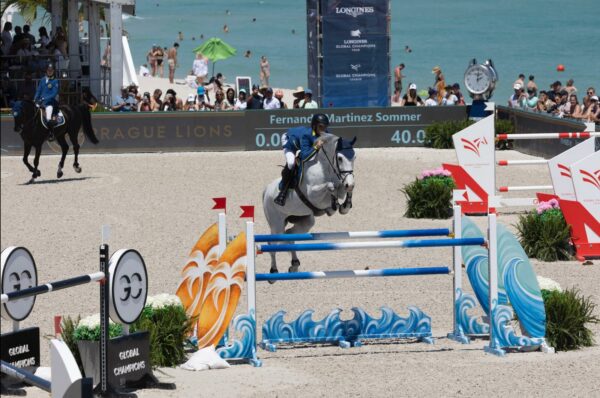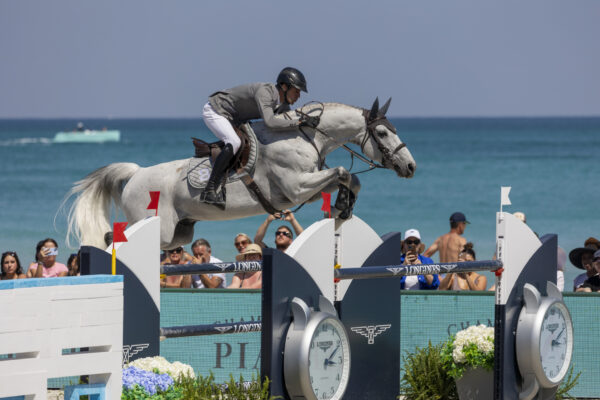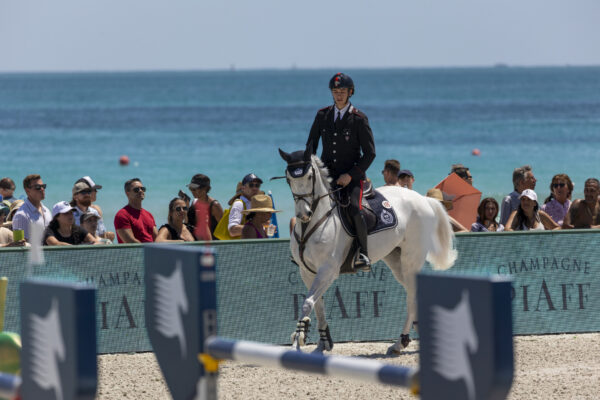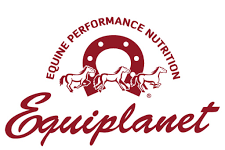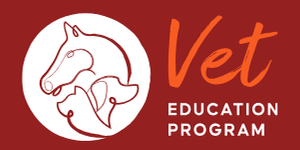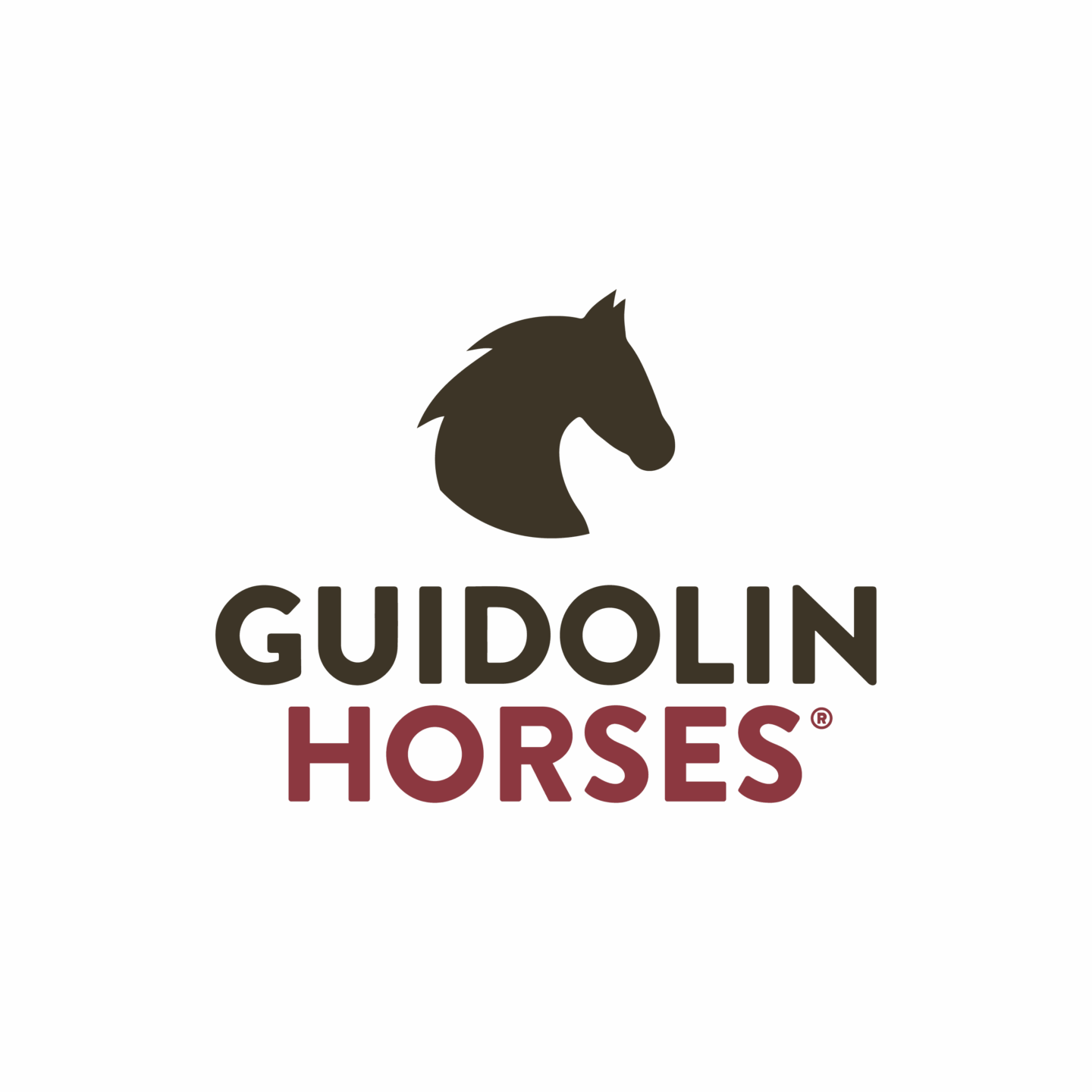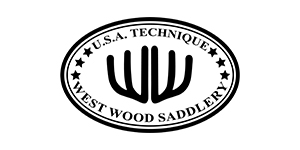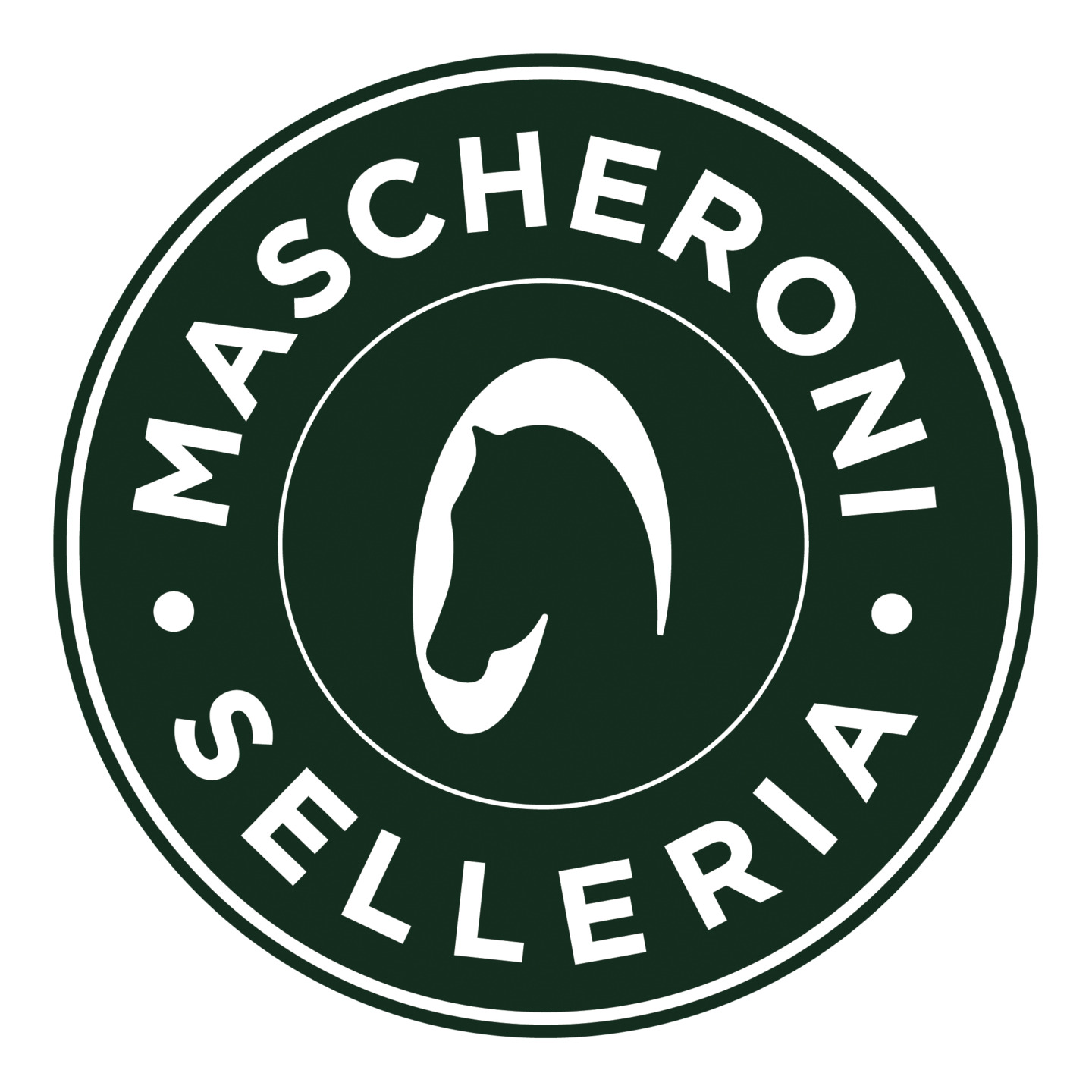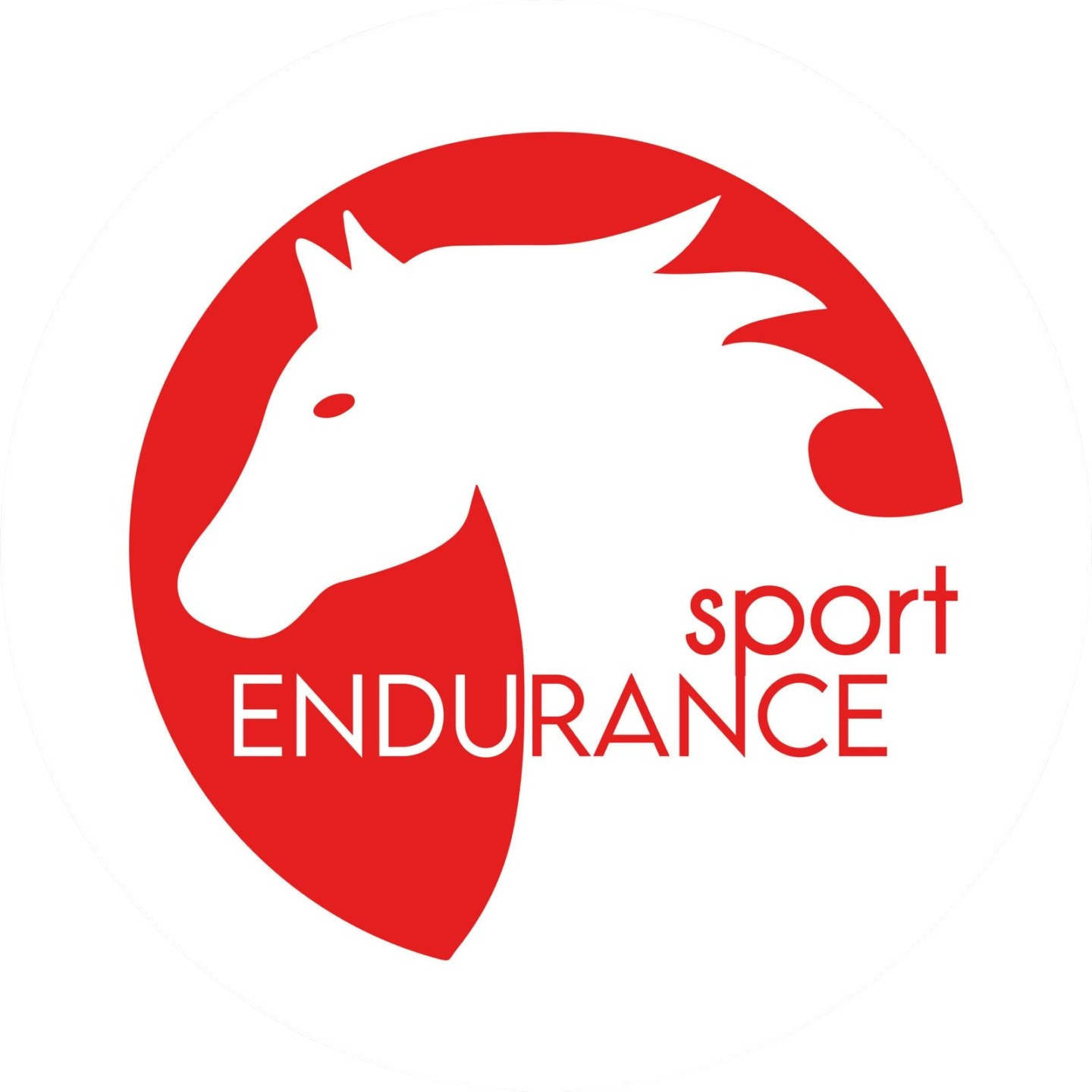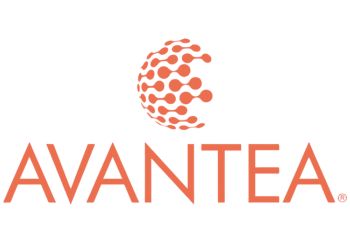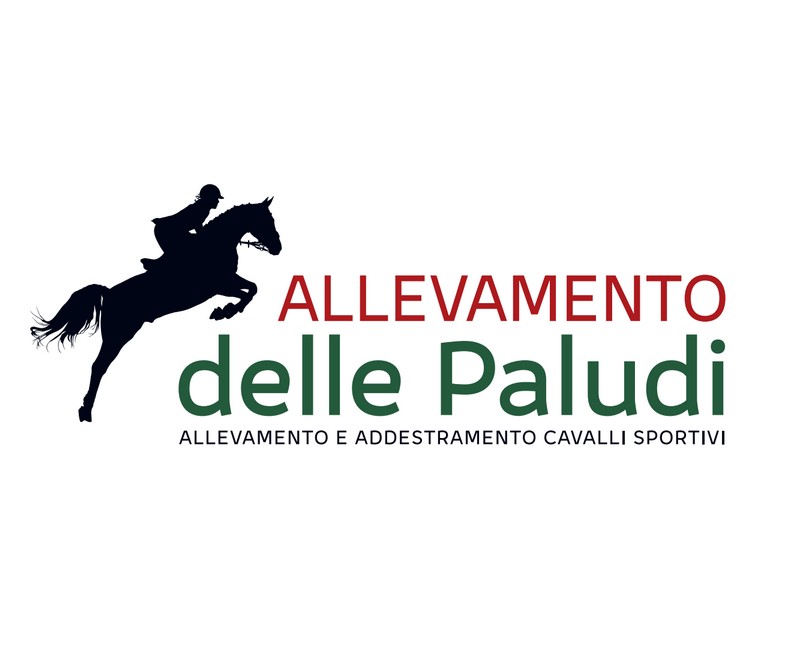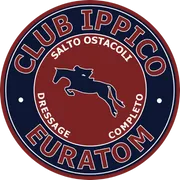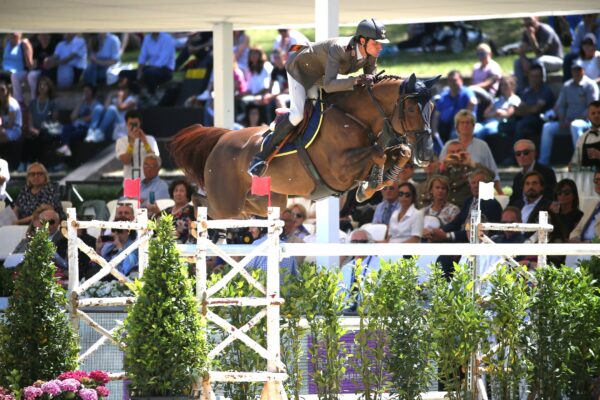
Peder Fredricson: reflections on a lifelong journey with horses
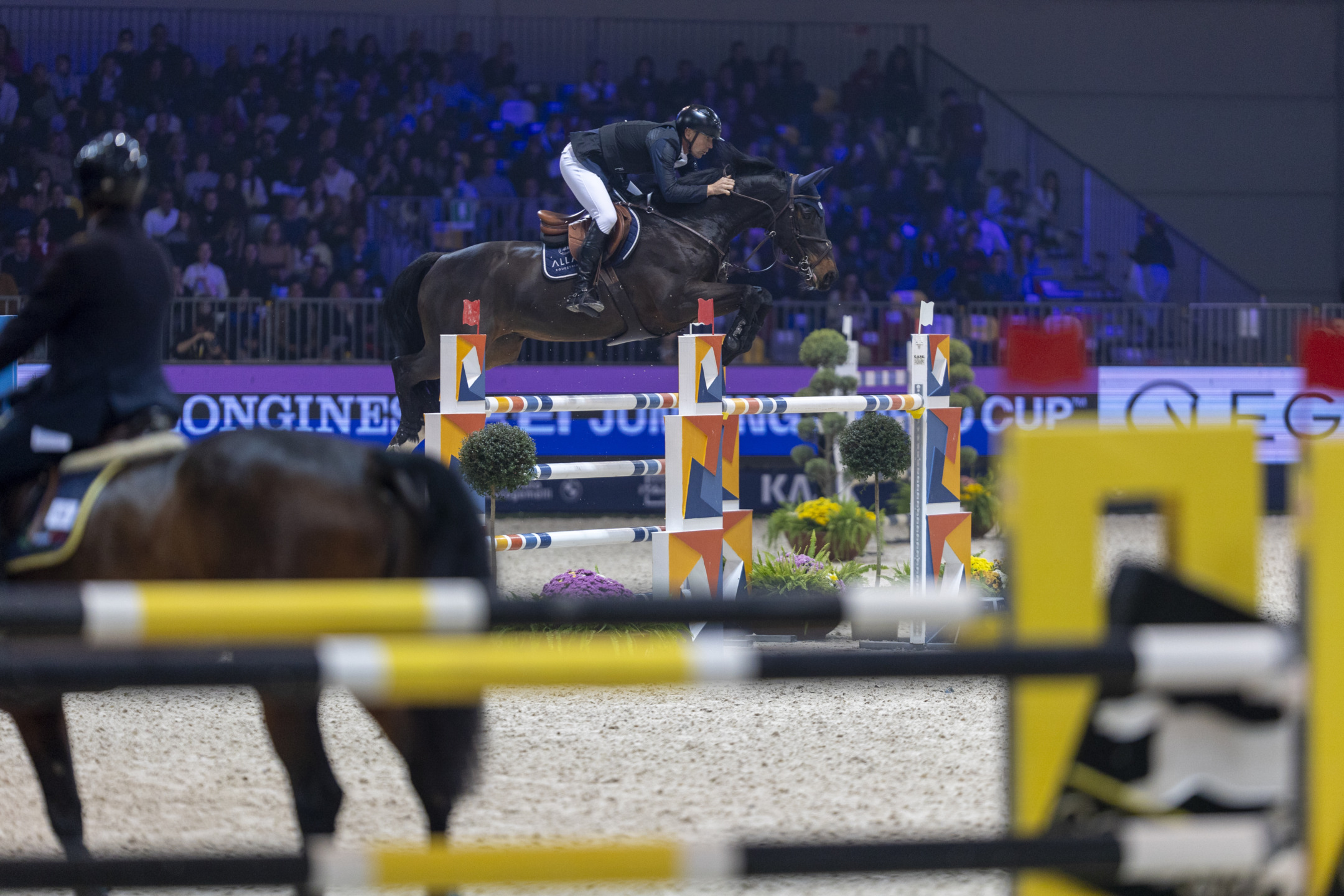
Learning from setbacks, prioritizing horse welfare, and embracing continuous growth
Peder Fredricson’s Path to Success: A Conversation on Horses, Resilience, and the Pursuit of Constant Improvement
Peder Fredricson is not just an Olympic medalist and accomplished show jumper but a deeply reflective and dedicated horseman. From his unique path that began in eventing to his commitment to natural horse care, Fredricson’s career reflects dedication to his craft and a profound respect for horses. In this interview, he shares insights on his journey, the lessons he would tell his younger self, and the philosophy that drives him to keep learning and improving.
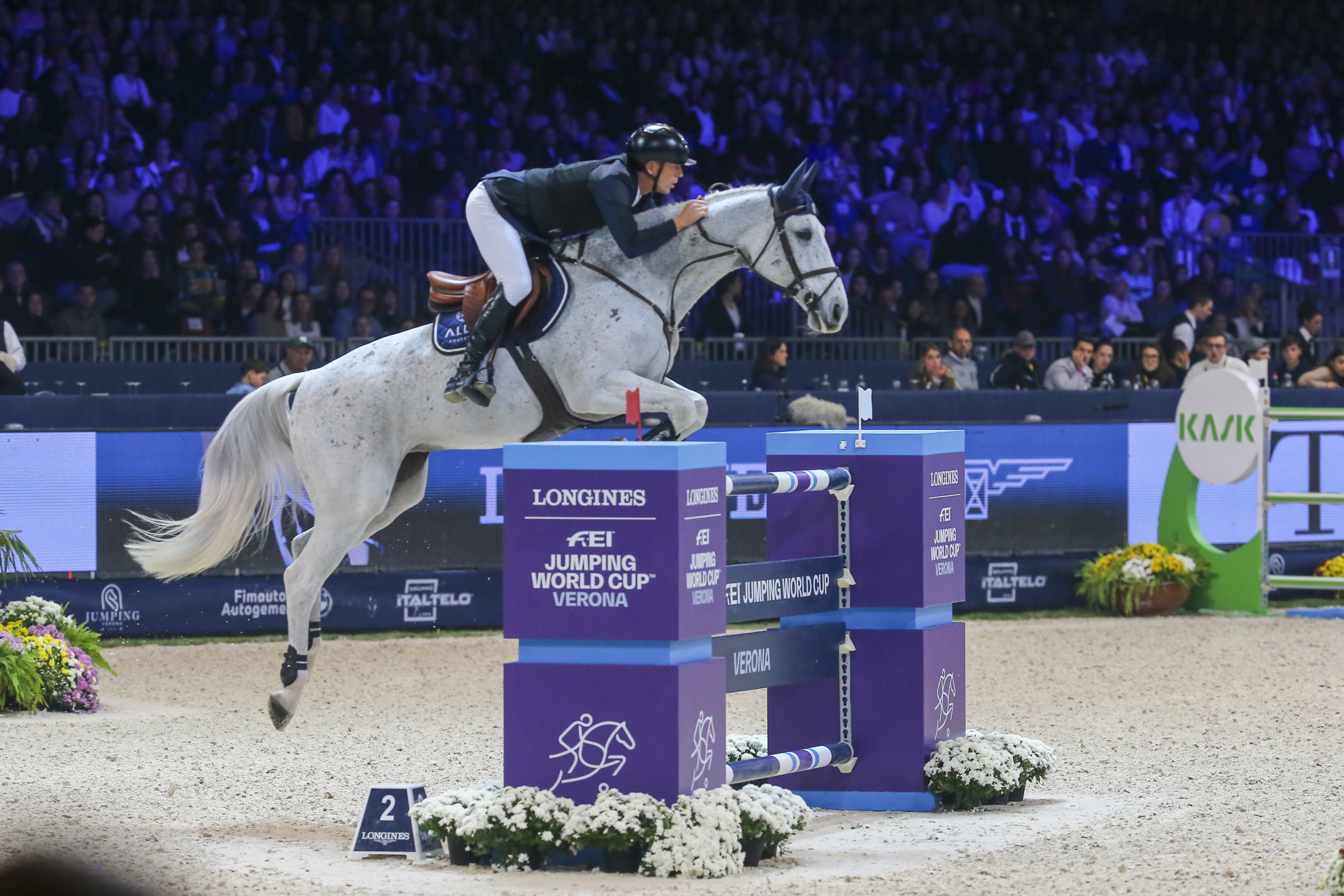
– ph.Stefano Secchi / Imagess
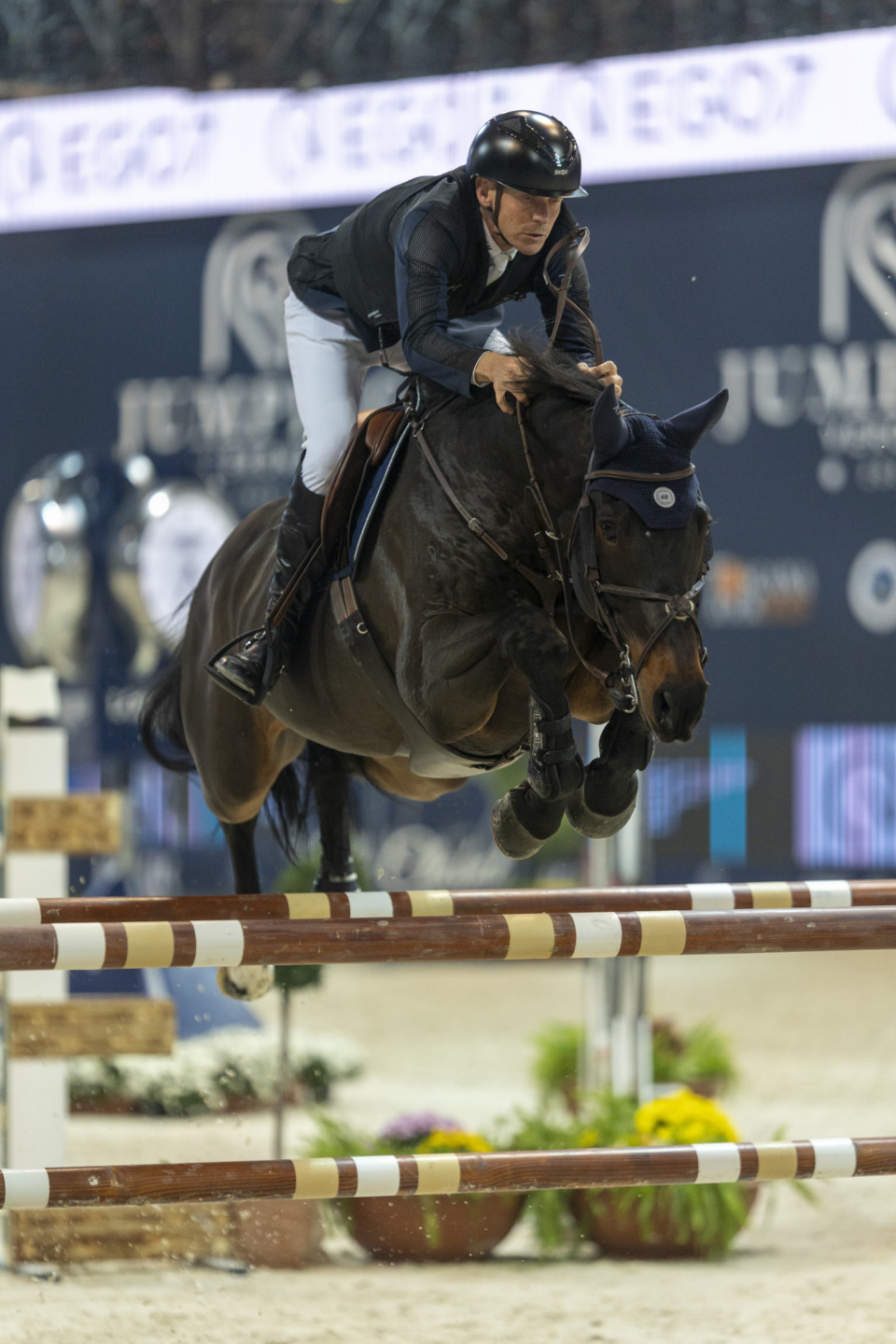
– ph.Stefano Secchi / Imagess
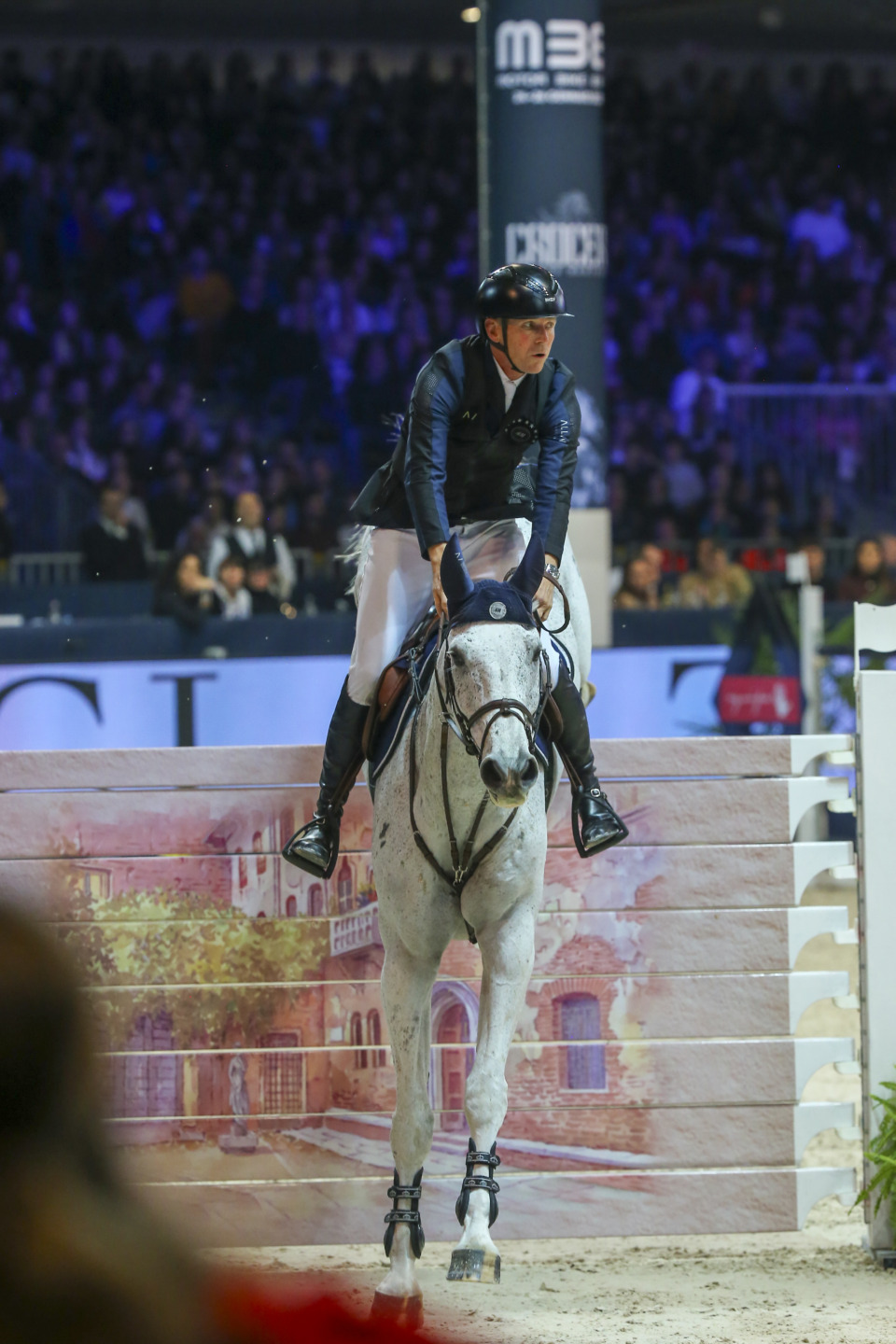
– ph.Stefano Secchi / Imagess
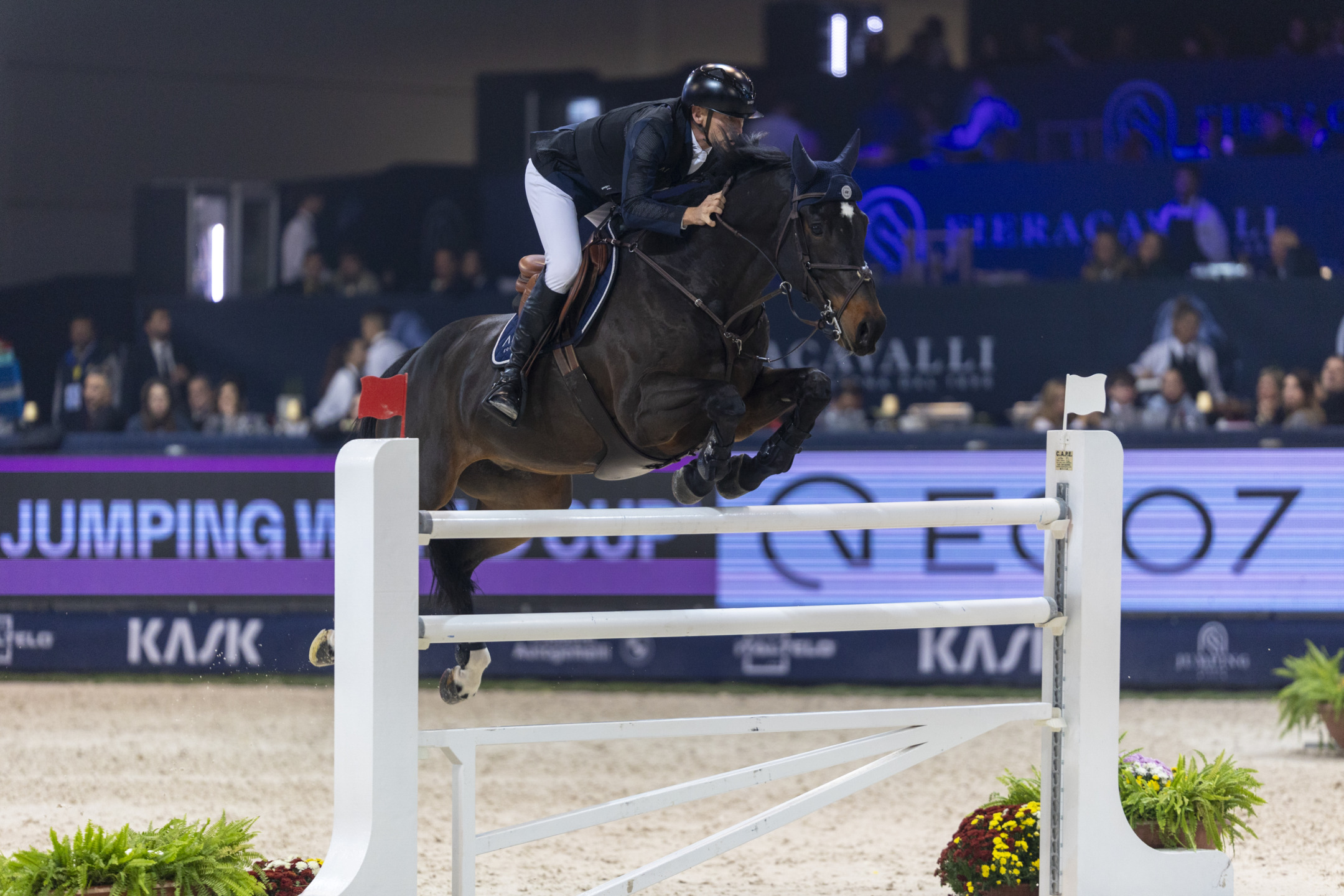
– ph.Stefano Secchi / Imagess
A Unique Journey from Eventing to Show Jumping Greatness
Fredricson’s equestrian journey began in his twenties when he competed in his first Olympics as an eventer. Reflecting on his career path, he says, “I had a great life with horses. I started off with eventing, and I didn’t find success in show jumping until I was around forty. I’m happy it happened that way because it allowed me to have a broad experience with horses.” He believes this unique background gave him depth and resilience. “If I’d known I was going to be a successful show jumper, I might have started with show
jumping right away, but then I wouldn’t have experienced the richness of working in different disciplines,” he adds, highlighting his gratitude for the varied skills he gained along the way.
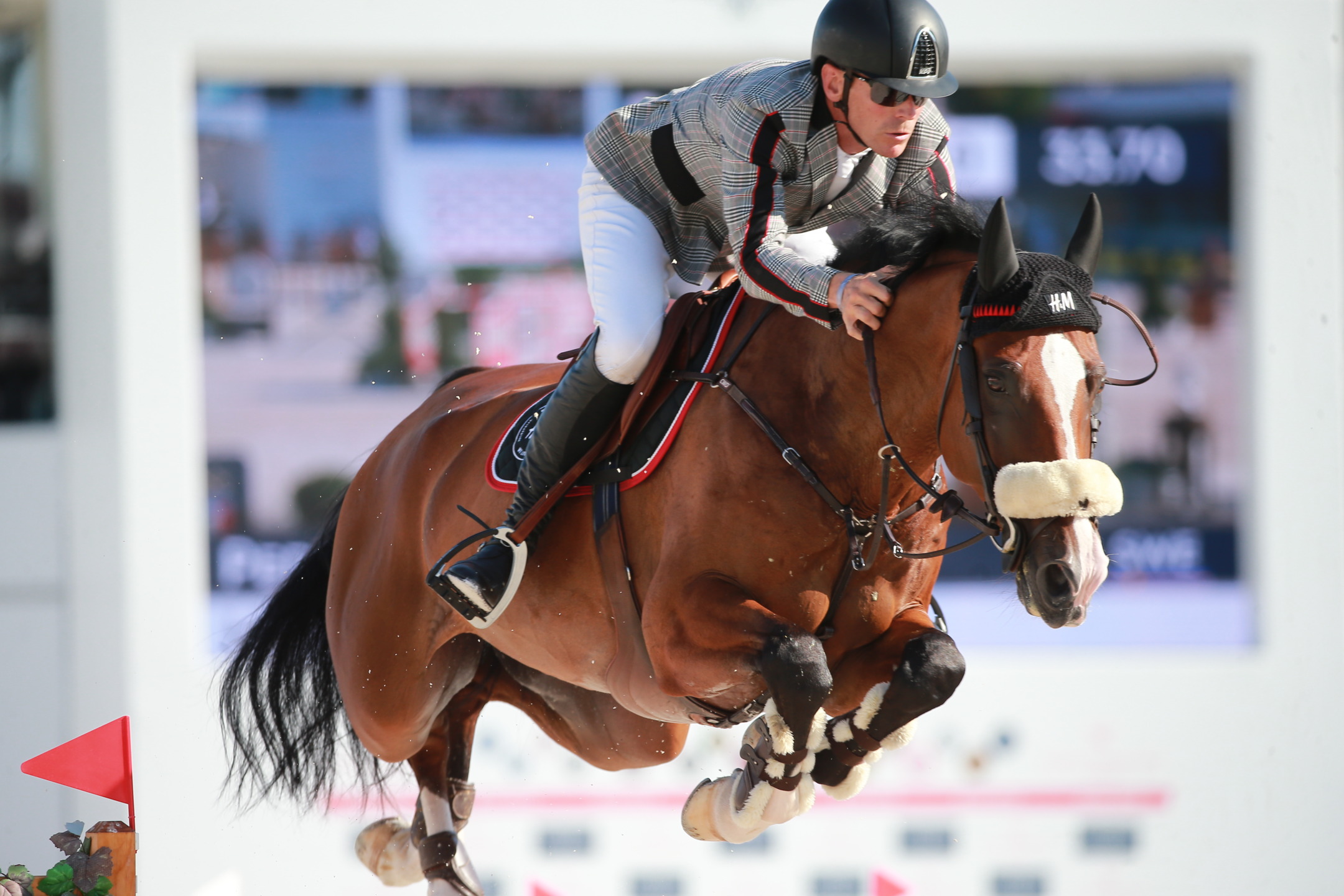
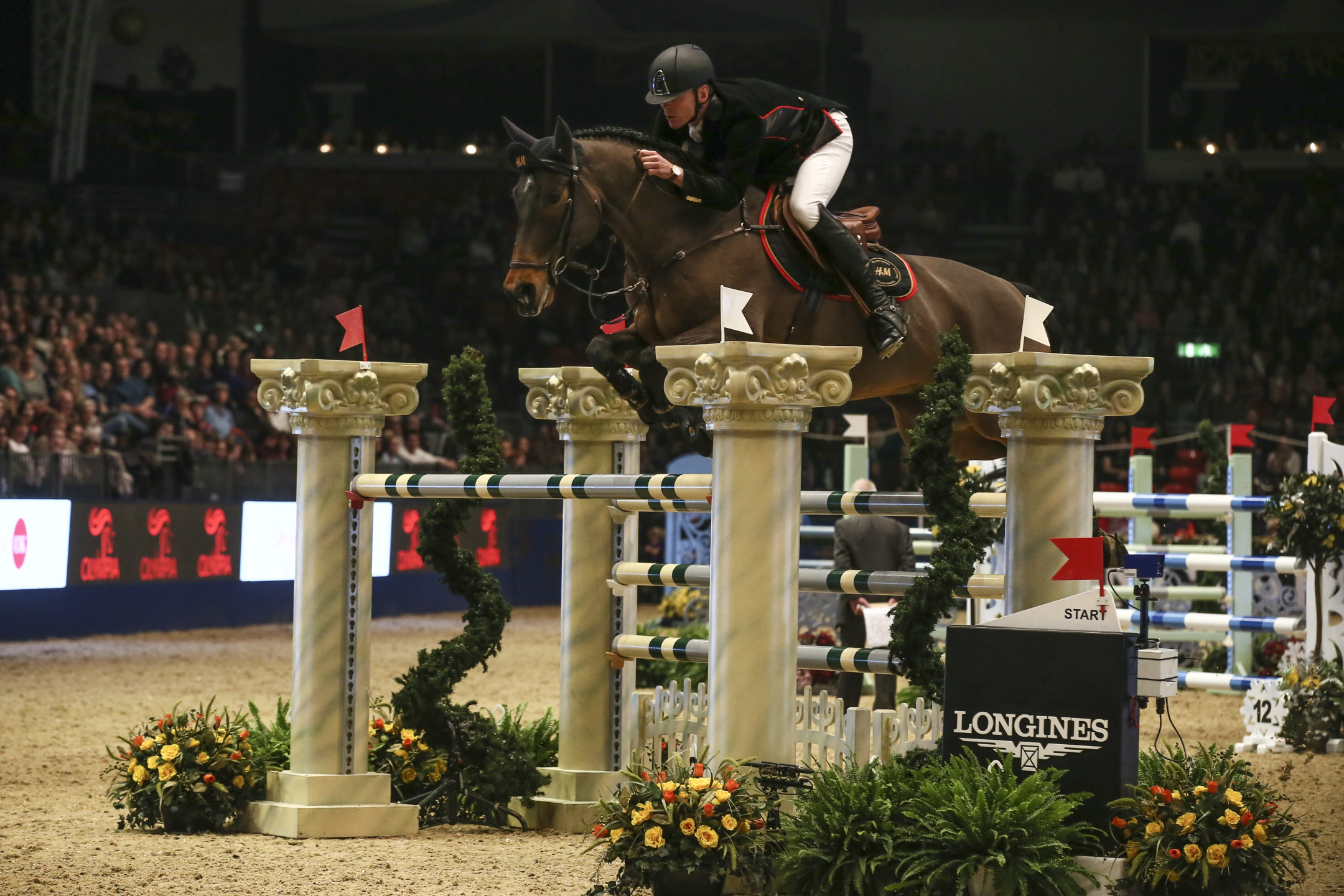
Fredricson credits eventing with providing a strong foundation, teaching him essential horsemanship skills. “Eventing is a great start because you have to learn to ride dressage, tackle cross-country, and understand horse fitness. I was lucky to train under amazing people like Mark Todd, who was not only a great rider but also a fantastic horseman. Those years gave me invaluable skills and discipline.” This broad background is something he would recommend to young riders today, as it fosters a well- rounded approach to horsemanship and an appreciation for diverse challenges.
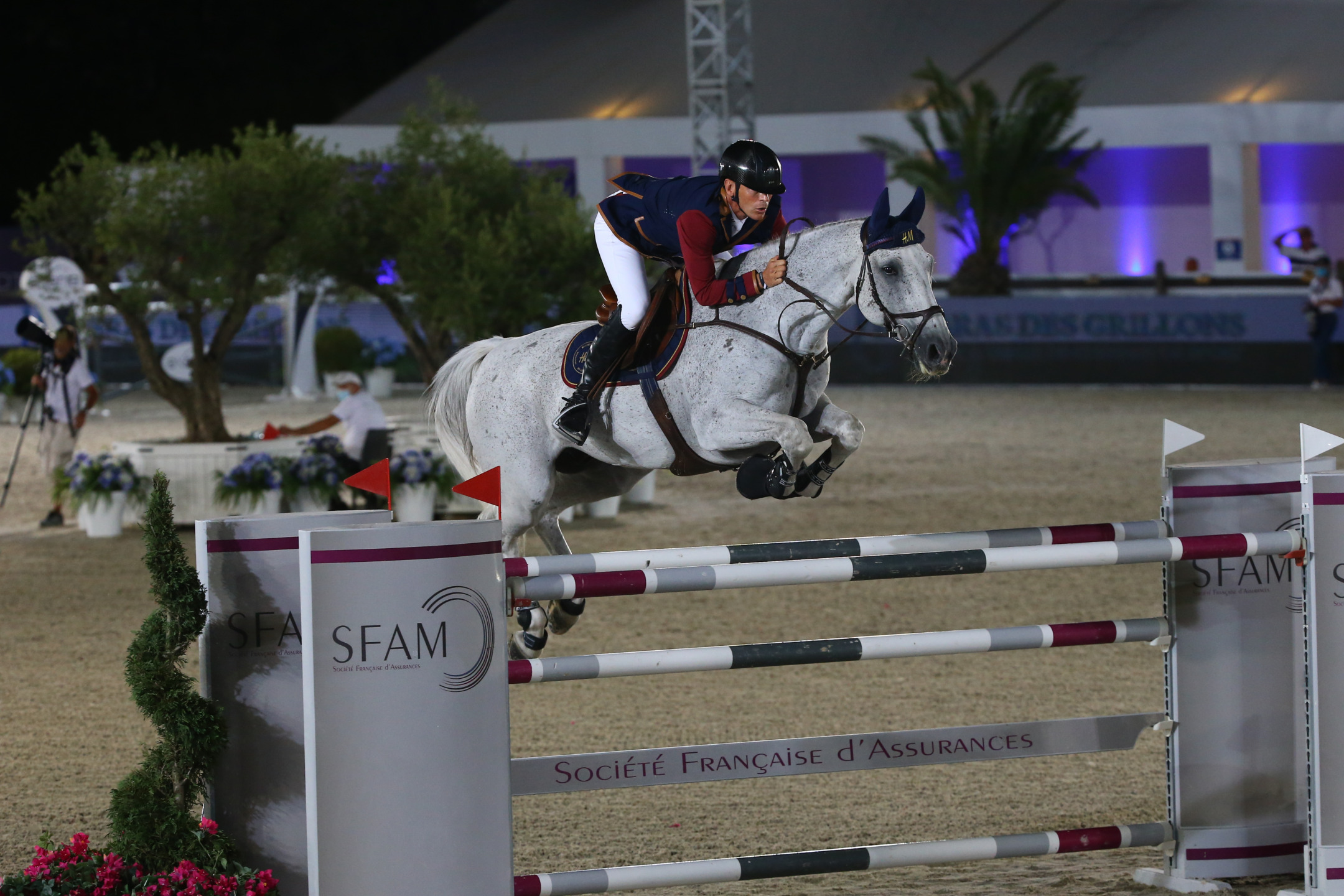
A Commitment to Horse Welfare and Natural Care
Fredricson’s approach to training and horse welfare centers on allowing horses to live as naturally as possible, emphasizing their need for movement and companionship. “Horses are meant to move a lot, so I try to keep them out in the fields as much as possible. For the past five or six years, I’ve started turning them out in pairs,” he explains.
Allowing his horses to have companions has been instrumental in helping them stay calm and happy. “When they have a partner, they don’t get bored or anxious. If a horse is alone, it might start running or get restless, but with a buddy, they’re much calmer.”
Fredricson’s commitment to this natural lifestyle for his horses is also influenced by his time working with Mark
Todd, who instilled a similar ethos. “Mark would always turn the horses out, even in winter, with rugs on. That approach stuck with me. It’s about letting horses be horses, which is essential to their well-being.” While he recognizes that different systems work for different horses, he believes a comfortable and happy horse will perform better.
This dedication to horse welfare has also led Fredricson to experiment with barefoot riding. “A few years ago, I had a lame horse that we couldn’t get sound. Removing his shoes made a difference, so I began experimenting with barefoot. It’s not for every horse; some are more comfortable with shoes. But if a horse is comfortable barefoot, I’ll keep it that way,” he says. During the pandemic, he removed shoes from several horses, trimming them himself and learning more about their hooves. “It was an eye-opening experience, but I’m not dogmatic about it. Now I’m experimenting with lightweight plastic shoes, which are flexible and glued on. It’s about finding what makes each horse most comfortable.”
Fredricson believes these innovations in equine care are just the beginning, foreseeing a future with more varied shoeing options. “I think the future won’t be about choosing between barefoot or iron shoes; it’ll be about choosing the right shoes for the occasion, just like people do. We have different shoes for different situations, and I think horses will too.” He emphasizes the importance of listening to the horse’s comfort level, letting each horse’s needs guide the care decisions.
Building a Bond with a “Horse of a Lifetime”
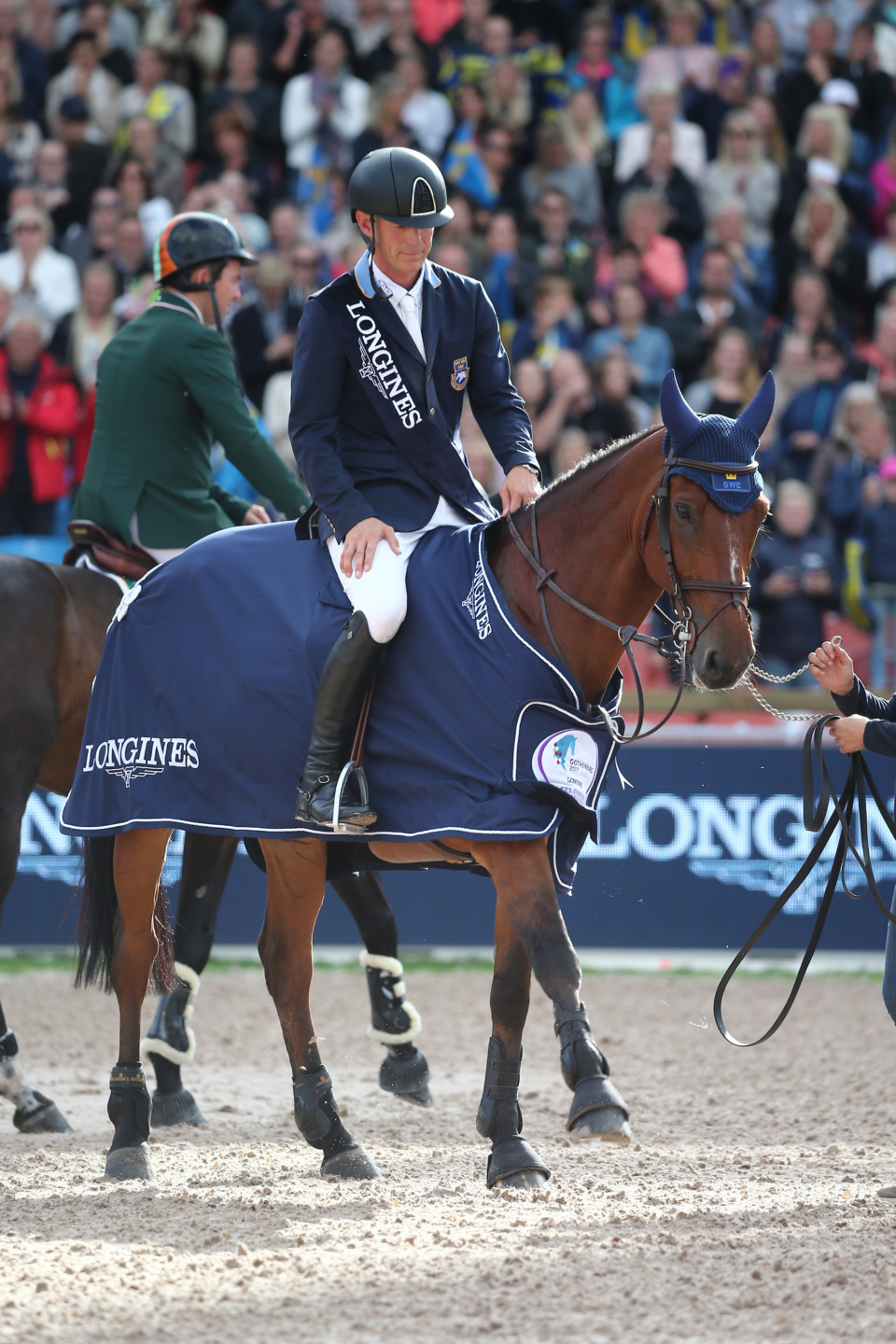
One of Fredricson’s most successful partnerships has been with his exceptional horse, All In, a powerful yet compact jumper who has taken Fredricson to incredible heights, including an Olympic silver medal. “All In was incredible —small but with a huge stride. He had everything you’d want in a competition horse: scope, bravery, carefulness, and speed,” he says. Fredricson and All In shared a unique bond, evident every time they entered the ring together. “He made me a better rider. He kept me fit and always challenged me, which was a gift.”
When asked about how he found such a remarkable partner, Fredricson admits, “I was just lucky. I was searching for a horse for the Rio Olympics, and I came across him when he was seven. The moment I tried him, I knew he was something special.” This pivotal moment led Fredricson to transition fully from his career in graphic design to focus entirely on riding. “When I bought him, I stopped designing and went all in on riding because I knew I had one of the best horses in the world,” he recalls. This turning point marked the true beginning of his career in top-level show jumping, fueled by his partnership with All In.
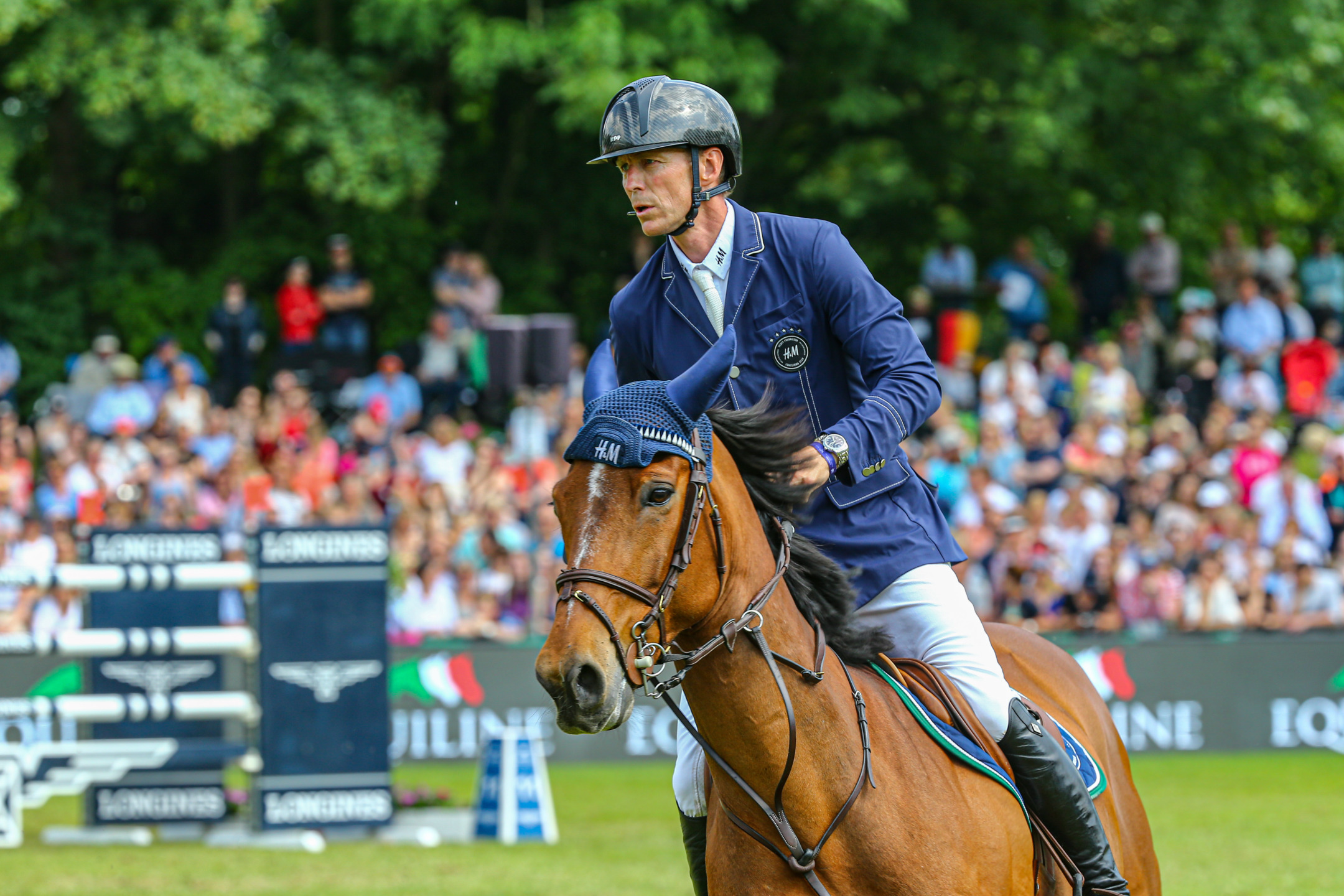
Overcoming Setbacks with Resilience and Positivity
In the demanding world of show jumping, setbacks are inevitable, and Fredricson has had his share, including a significant injury. However, he approaches challenges with a positive outlook. “The mental part of recovery was actually fine. Physically, it was tougher because I had nerve and muscle damage in my neck, and I lost some of my physical strength. But these setbacks teach you resilience.
They force you to rebuild and push yourself harder,” he says. He views these experiences as learning opportunities, noting that he met valuable mentors during his recovery who have continued to help him grow. “Bad things happen, but if you look at them positively, you can always find something to learn.”
Advice for the Next Generation of Riders
With decades of experience, Fredricson has a wealth of advice for young riders entering the sport. “Surround yourself with good people—those you look up to and respect,” he advises. “I was fortunate to train under horsemen like Mark Todd and Franke Sloothaak, and they taught me so much about discipline, skill, and respect for the animal. Good mentors are invaluable.” Fredricson emphasizes the importance of staying curious and always learning. “It’s crucial to stay interested and keep learning from those who are passionate about horses.”
Fredricson also shares a unique bond with his brother, who rides at a similar level, creating a mix of family support and friendly competition. “We talk daily, always supporting each other, but there’s a quiet, unspoken competition between us,” he laughs. “It’s never openly discussed, but it’s there, and it pushes us both to be better.” For Fredricson, this competition is a motivating force. “It’s uncomfortable, but it’s good for us. Competition is what makes you improve, even when it’s challenging.”
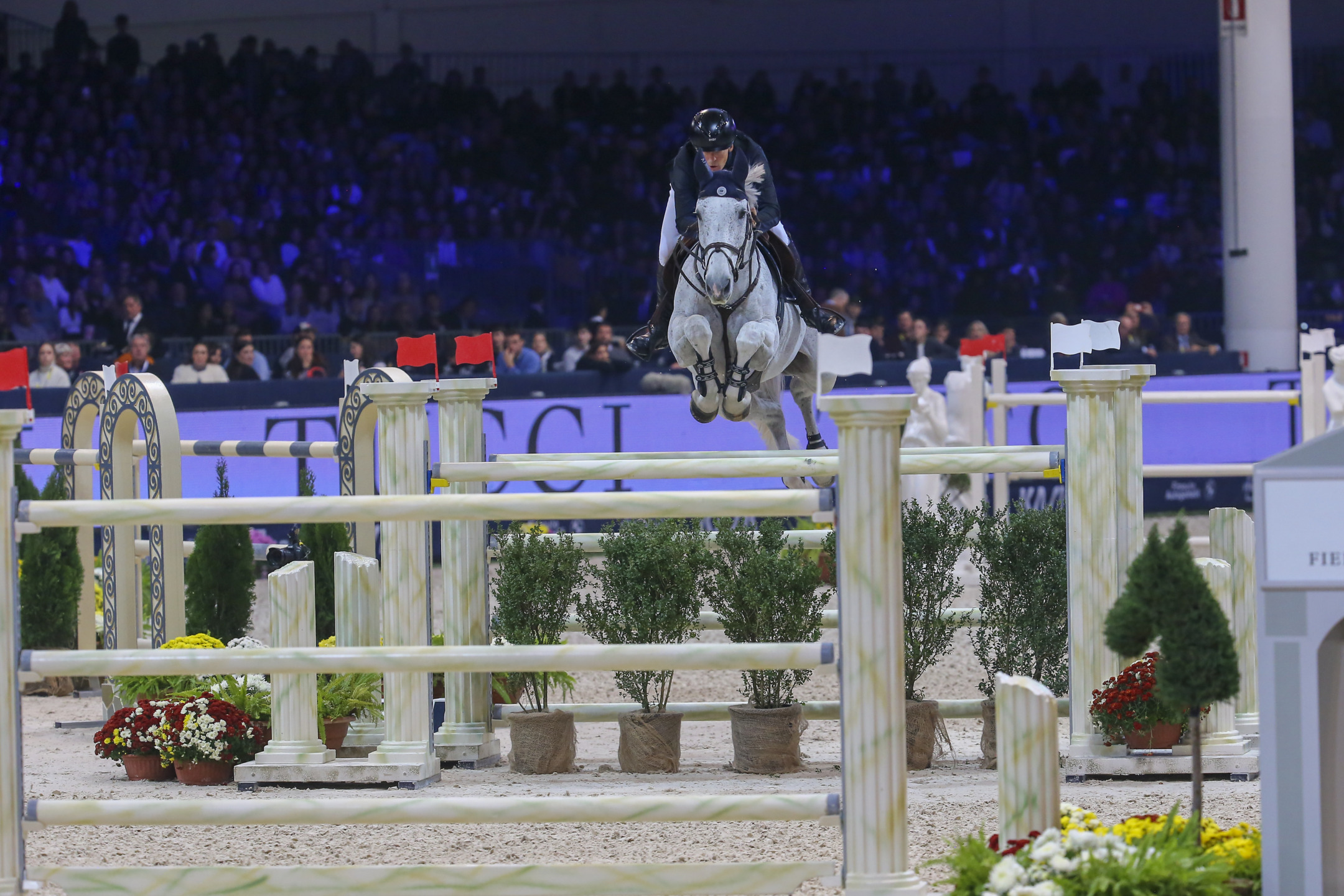
– ph.Stefano Secchi / Imagess
Embracing Humility and the Pursuit of Lifelong Learning
Though Fredricson has earned numerous accolades, he remains focused on the pursuit of improvement rather than resting on his past successes. “I’ve won a lot of medals, but in this sport, you always have to look forward. The past doesn’t matter as much. You’re always trying to find new horses, build connections with them, and make incremental improvements,” he explains. For Fredricson, the journey is about small breakthroughs rather than grand achievements. “It’s more rewarding to find a small detail that makes a difference. Those little adjustments and improvements are what I love most about working with horses.”
His focus on continuous learning is what keeps him driven, even after decades in the sport. “It’s about trying to get better, to develop, and to enjoy the process. Competition is just a way to check that what I’m doing is working. If you’re winning, it’s a sign that the approach is paying off.
But if it’s not, it’s time to reassess,” he says with humility. “The competition keeps me accountable, pushing me to learn and grow, which is really what keeps me in the sport.”
In the end, Fredricson’s philosophy embodies what it means to be a true horseman—one who values learning, respects his horses deeply, and finds joy in the journey of constant improvement. His humility and dedication serve as an inspiring example, showing that true success in equestrian sports goes beyond medals and accolades; it’s about the lifelong pursuit of mastery and the bonds formed along the way.
Valentina Sozzi Senn | Ph Stefano Secchi
© Rights Reserved.

